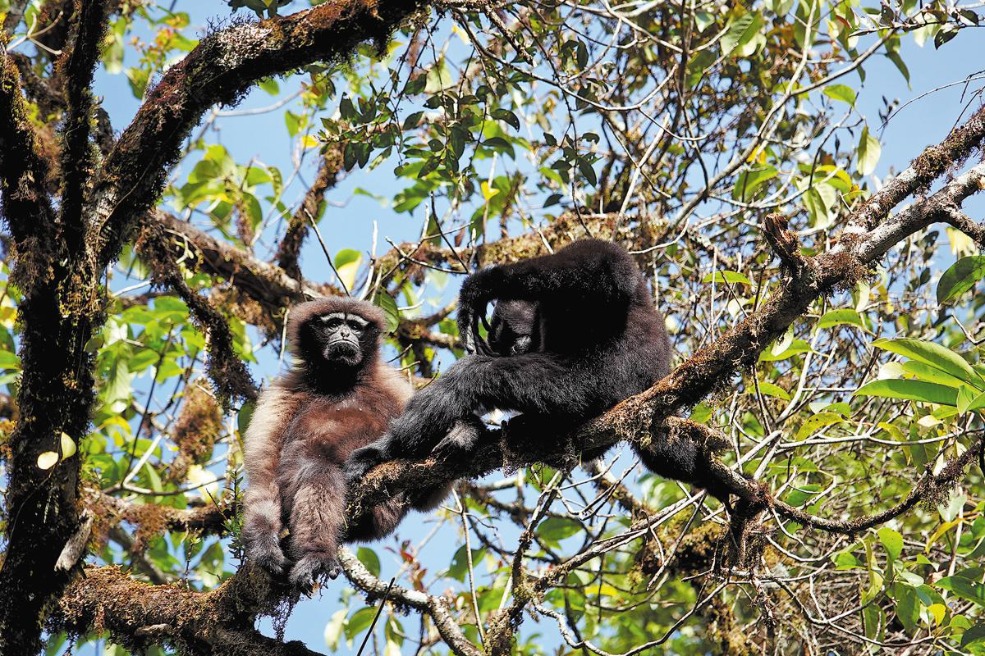New light shed on beginnings of Chinese civilization
By Wang Kaihao | China Daily | Updated: 2023-01-05 10:31

More expected
In tracing the origins of Chinese civilization, researchers used to focus mainly on the period dating back 3,500 to 5,500 years. Looking to the future, Wang expects the study range to be expanded.
For example, as highly developed agriculture was one of the keys to forming civilization, the inclusion of the birth of agriculture in China in relevant studies can broaden people's horizons, Wang said, adding, "This means we can focus on even earlier times."
At the Jiahu site in Henan, turquoise was found in 8,000-year-old tombs, while some tombs housed flutes made from bones. "The division of social roles and differentiation between social classes can be seen from the scale of the graves and the objects they contain," Wang said.
He added that such a prelude to civilization commonly appeared elsewhere, and follow-up studies may produce more related discoveries.
Chen Xingcan, head of the Chinese Academy of Social Sciences' Institute of Archaeology, said interdisciplinary research involving more natural science can provide a better view of how civilization started and endured.
"For example, studies of plants can tell us what different groups of people ate and also show how they migrated and communicated with others," he said.
Wang added that natural science can help analyze unearthed relics. For instance, in-depth studies of climate change and the environment will help people today understand the conditions that influenced the evolution of civilization.
Chen said historical documentation should never be excluded in tracing the origins of Chinese civilization.
"These documents offer a framework for us to learn about the past. Archaeological excavations fill in the gaps by providing previously unknown physical evidence concerning people's daily lives. These documents and excavations can provide us with the full picture," he said.
Chen also stressed the importance of comparative studies involving other major ancient civilizations elsewhere in the world.
"We can form a better view of Chinese civilization in the context of cultural communications across the Eurasian continent. As a big picture of civilizations begins to emerge worldwide, we can better understand our own characteristics," he said.
Fang Aiqing and Wang Ru contributed to this story.
























